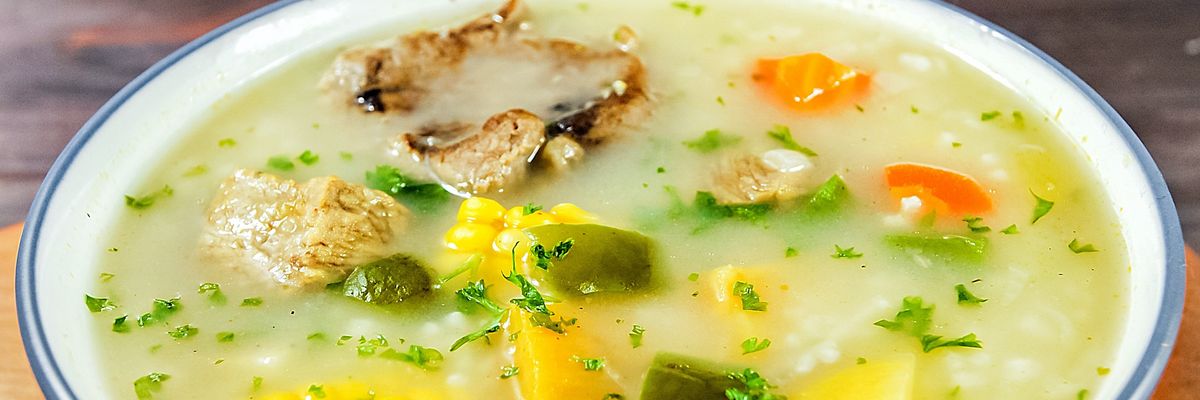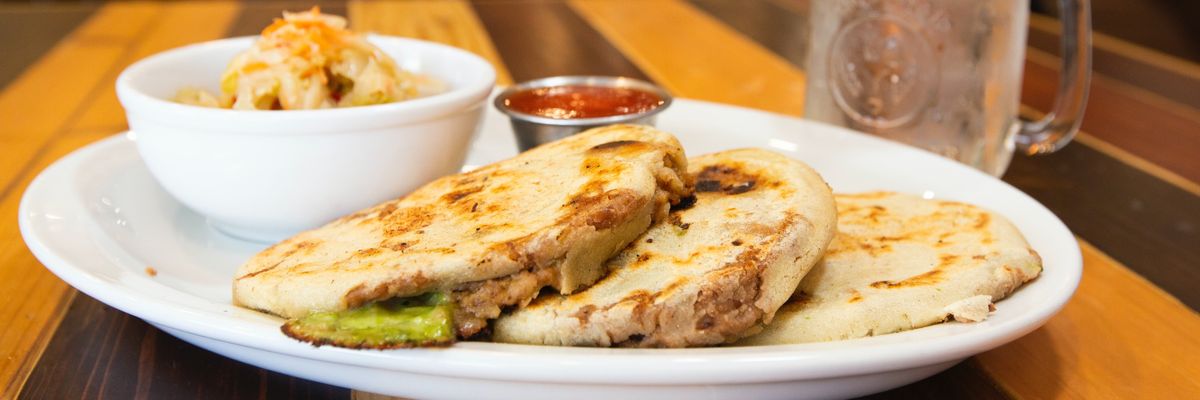
Summer gatherings bring friends and family together for a joyful blend of sun-soaked relaxation, pleasant conversation, and, most importantly, an array of delicious foods. Nothing complements the summer spirit more than a table laden with vibrant dishes from around the world. In this spirit, here are six dishes from different Latin American cultures that you can make in large quantities and that are perfect for sharing at your next summer get-together.
Mexican Tacos Al Pastor
 Photo by Jarritos Mexican Soda on Unsplash
Photo by Jarritos Mexican Soda on UnsplashA crowd favorite, Tacos Al Pastor is a dish that's versatile, flavorful, and perfect for a communal setting. Thin strips of marinated pork are traditionally cooked on a vertical spit, then served on small tortillas with a blend of finely chopped onions, cilantro, and pineapple. For a backyard get-together, you can adapt this by grilling the pork. Set out a 'make-your-own-taco' station with all the toppings and let your guests have fun customizing their tacos. Get the recipe here.
Cuban Ropa Vieja
 commons.wikimedia.org
commons.wikimedia.orgRopa Vieja, a classic Cuban dish, translates to 'old clothes' due to the shredded appearance of the meat, which mimics torn fabric. This hearty dish is a mixture of slow-cooked shredded beef stewed with bell peppers, onions, and tomatoes. It's a dish that can easily be scaled to feed a crowd, and is perfect for serving alongside rice and black beans, allowing your guests to serve themselves. You can find the recipe here.
Colombian Sancocho
 Photo by Keesha's Kitchen on Unsplash
Photo by Keesha's Kitchen on UnsplashSancocho is a traditional Colombian stew that is hearty, robust, and perfect for large gatherings. It is typically made with a combination of meats, potatoes, plantains, corn, yucca, and is flavored with herbs and spices. Served with a side of white rice and avocado slices, Sancocho offers a complete meal in one bowl and is easily scalable for larger groups. Follow the recipe here.
Venezuelan Arepas
 Photo by Frederick Medina on Unsplash
Photo by Frederick Medina on UnsplashArepas are a staple of Venezuelan cuisine. These versatile cornmeal patties can be grilled, baked, or fried, and are typically split open and filled with a variety of fillings, from shredded beef and cheese to beans and avocados. For a summer gathering, you can set up an Arepa bar where guests can choose their fillings and make their own personalized Arepas, offering an interactive and delicious experience. Get the recipe here.
Salvadoran Pupusas
 Photo by Daniel Lloyd Blunk-Fernández on Unsplash
Photo by Daniel Lloyd Blunk-Fernández on UnsplashPupusas are a Salvadoran specialty that your guests are sure to enjoy. These thick, stuffed corn tortillas are traditionally filled with a blend of cheese, cooked pork, and refried beans, although you can experiment with other fillings as well. Pupusas are typically served with a tangy cabbage slaw called curtido and a tomato-based salsa, making for a flavorful and satisfying bite perfect for a casual summer get-together. You can find the recipe here.
Puerto Rican Arroz con Gandules
 es.m.wikipedia.org
es.m.wikipedia.orgArroz con Gandules is a flavorful Puerto Rican dish perfect for any large gathering. This savory rice dish is cooked with pigeon peas, olives, capers, tomato sauce, and a mix of spices, with optional additions like pork or chicken. It's a one-pot dish that's easy to serve and is hearty enough to be a stand-alone meal, making it perfect for a summer get-together. Follow the recipe here.
Each of these dishes brings a unique flavor profile and cultural tradition to your summer gathering, creating a vibrant, diverse, and delicious spread for your guests to enjoy. From the tangy, sweet, and savory notes of Tacos Al Pastor to the hearty, robust flavors of Sancocho, there's something to suit everyone's palate!


 Photo by
Photo by  Photo by
Photo by  Photo by
Photo by  Photo by
Photo by  Photo by
Photo by  a group of monarch butterflies on a treePhoto by
a group of monarch butterflies on a treePhoto by 

